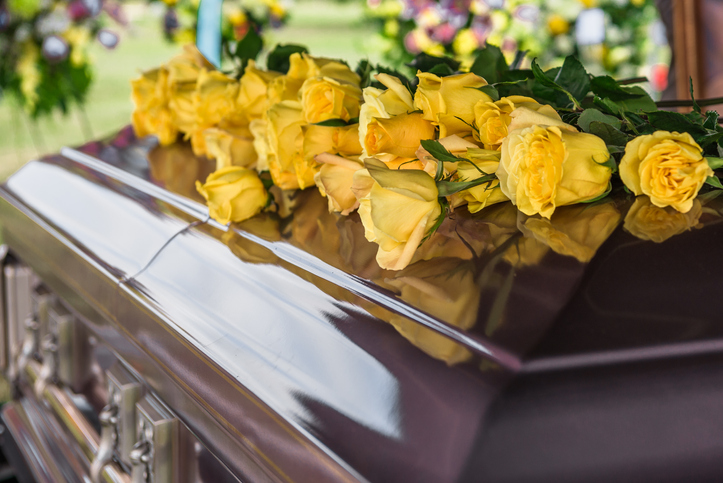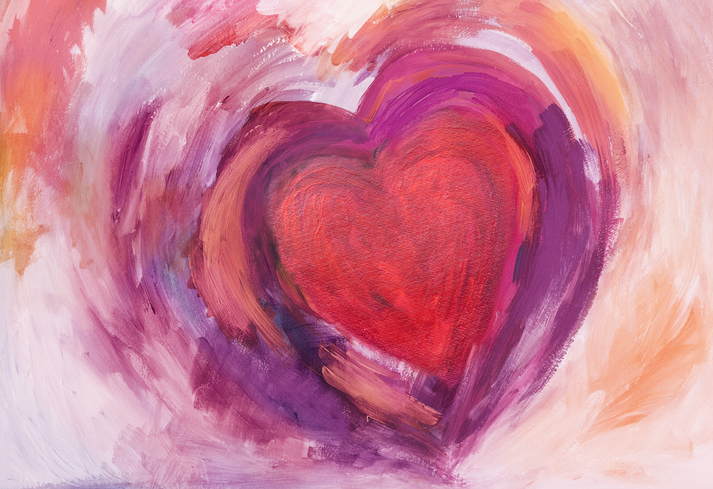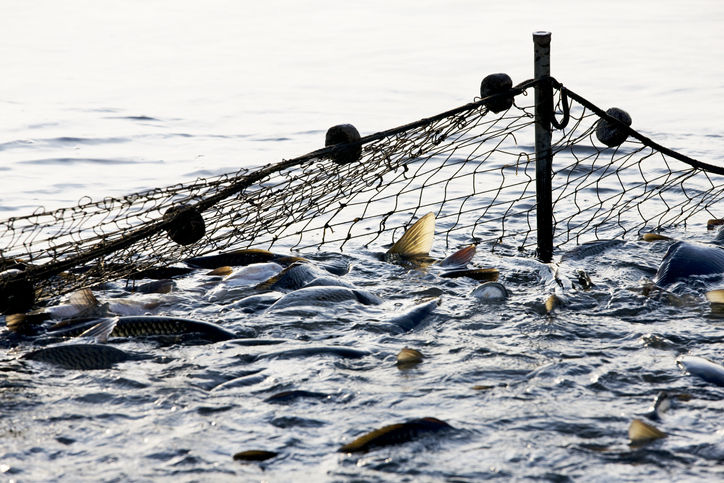I love the Gospel reading today because it shows the unmatched power of Jesus as the son of God while at the same time showing his incredible focus for the end goal.
Purpose-focus-direction. These three simple words make all the difference when trying to run a company, work as an employee, raise a family, or be a disciple. Jesus knew this, so he went out and showed us how to accomplish all three as the perfect example.
“For this purpose, I have been sent.”
Jesus knew why he was sent; to bring the good news of the kingdom of God to the world. This shaped all of his ministry and every one of his actions. So what is your purpose? I can ask myself the same question. I don’t just mean the philosophical meaning of existence, but why do you as a person exist? St. John Paul II always reminded us that the fundamental vocation of the human person is love. So how is Jesus calling you to love that is different from everyone else? How is He personally going to transform the world through your little life? Often we think that because God doesn’t need us that our purpose is just to be good and eventually go to heaven. While it is true that God doesn’t need us, he has chosen to need us. He has chosen to communicate His love through the human person, and that includes you. How can you do that better this week, and how can I?
“At daybreak, Jesus left and went to a deserted place.”
Jesus also had focus. His purpose transformed his actions, and his attention made it possible. Think about it; we can skim a book, or we can take time and read it slowly, analyzing the words as they fall off the page. In both the instances, the book is read, but in one case the book is retained and affects our life. When we take time to meditate on our purpose, and also take the much needed time to retreat, we can focus even more intensely on the task at hand, to bring the love of God to the world.
“And he was preaching in the synagogues of Judea.”
Jesus knew where he was supposed to go next. He had an idea of what his ministry was going to be and had an end goal in mind. This is crucial if we want our mission to be compelling. We have to have a plan and a way to accomplish it. It’s the same with sports, working out, career, and family life.
God has gifted us all with a personal way to communicate his love to the world. Maybe some can do this through speaking or teaching, some can do it through acts of service, and some can do it through intercession. There will be as many different ways as there are different people. What is your way? Find your purpose, focus on the mission, plan out a direction. If you struggle with any of these three, reread the Gospel today and have hope. From all of us here at Diocesan, God Bless!

Tommy Shultz is a Solutions Evangelist for Diocesan. In that role, he is committed to coaching parishes and dioceses on authentic and effective Catholic communication. Tommy has a heart and a flair for inspiring people to live their faith every day. He has worked in various youth ministry, adult ministry, and diocesan roles. He has been a featured speaker at retreats and events across the country. His mission and drive have been especially inspired by St. John Paul II’s teachings. Tommy is blessed to be able to learn from the numerous parishes he visits and pass that experience on in his presentations. Contact him at tshultz@diocesan.com.













